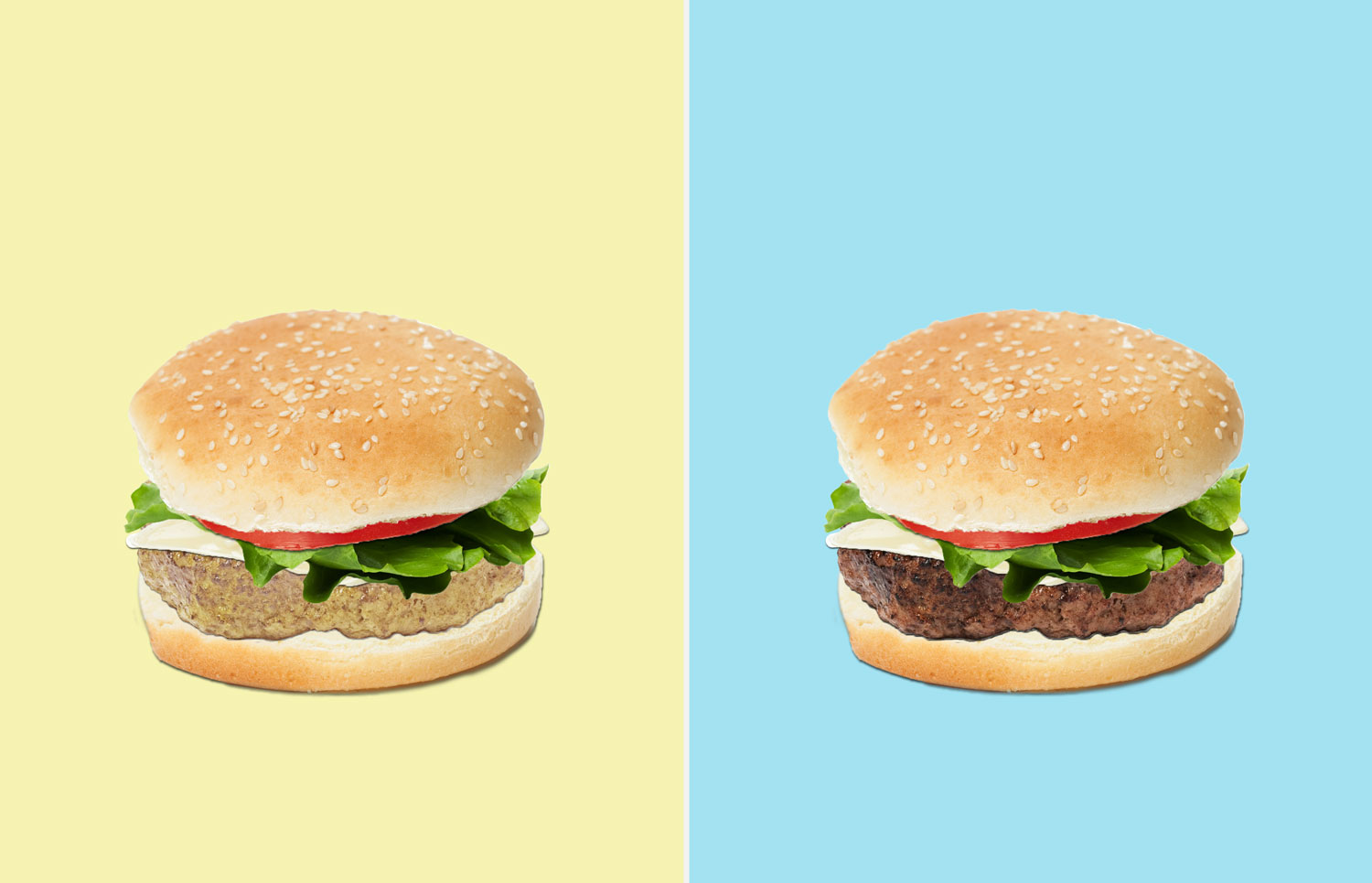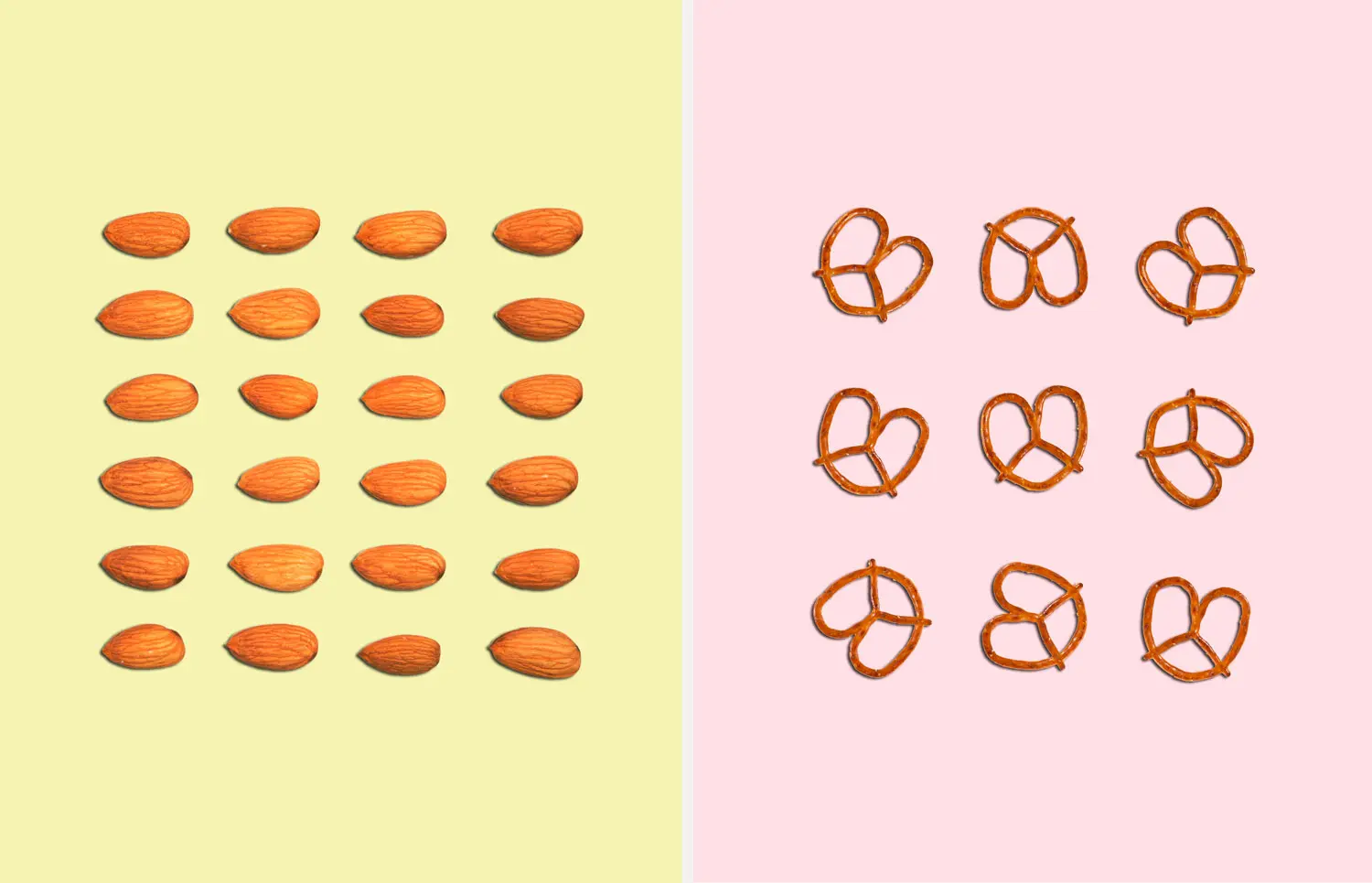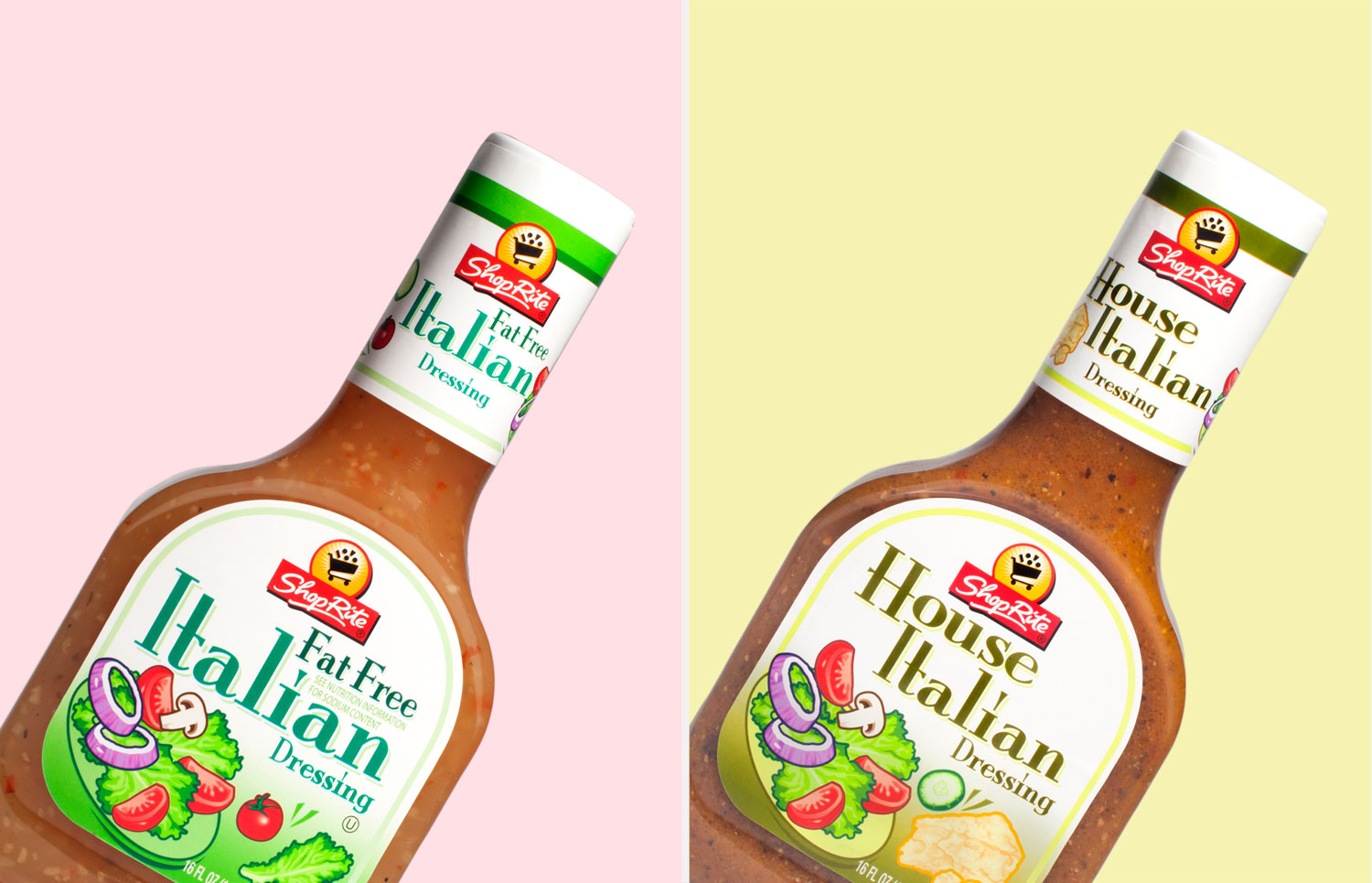We’re accustomed to thinking about the yin and yang of a lot of foods, from fats to carbs. But in the latest report in JAMA on carbohydrate-focused diets, researchers found that the type of carbs may not matter in lowering risk of heart disease.
Dr. Frank Sacks and his colleagues conducted a study involving 163 overweight or obese participants who followed four different diets, for five weeks each, for a total of 20 weeks. Previous studies have linked low-carbohydrate diets to a lower risk of overweight and obesity and lower risk of heart disease, but Sacks wanted to test whether it was simply reducing carbohydrates that helped the heart, or whether being vigilant about what types of carbohydrates dieters ate would make a difference.
Some studies have suggested that carbs with a low glycemic index—such as whole grains—led to fewer spikes in blood sugar, and therefore more efficient breakdown into energy, while higher glycemic index foods—including refined flours—led to larger peaks in glucose that the body couldn’t process and therefore stored as fat.
So two of the diets in the study were high in carbs overall, but one was made up of low-glycemic-index foods while the other was composed of high-glycemic-index foods. The other two diets were low in carbs overall, with the same breakdown or low- and high-glycemic items.
QUIZ: Should You Eat This or That?
















“What we were thinking was that the glycemic index of the carbs would be more impactful if the total amount of carbohydrates was higher,” says Sacks. “But what we found was against what we thought originally. The low glycemic index did not improve any of the things we measured.”
In fact, among those eating the high-carb diets, those consuming low-glycemic-index foods had worse insulin response and higher LDL cholesterol. Among dieters eating the low-carb diets, the high v. low glycemic index foods did not make a difference in insulin response, blood pressure, LDL or HDL cholesterol levels.
Overall, those eating the low-carb diets had lower risk factors for heart disease compared to the group eating more carbohydrates, but the type of carbs didn’t seem to make much difference. “We confirmed previous studies that showed reducing carbs is good, but we did not show that the glycemic index of the carb really had any favorable effect,” says Sacks.
That suggests that all the attention to knowing the glycemic index of various foods—and basing your eating habits on these numbers—may not be worth the effort. While bananas may have a high glycemic index compared to an apple, for example, always choosing the apple over the banana may not lead to benefits for the heart. That’s because glycemic index is only one aspect of how we break down and metabolize food; bananas are also high in potassium and fiber, which have been linked to lowering risk of heart disease.
“Consumers should just look at the food, and not worry whether it has a low glycemic index or a high glycemic index,” says Sacks. “If it’s a fruit or vegetable, or a whole grain, then it’s fine.” He also notes that glycemic index isn’t a set characteristic of a food; it’s how an individual person’s body processes the food so it may vary considerably among different people.
People with diabetes have more trouble breaking down sugar from carbs, so it may help them to avoid foods that cause peaks of blood sugar. But for the rest of us, when it comes to eating to keep your heart healthy, it’s more important to eat healthy whole foods like fruits, vegetables, fish and whole grains, rather than trying to rank individual fruits, for example, by their glycemic index.
More Must-Reads from TIME
- Why Trump’s Message Worked on Latino Men
- What Trump’s Win Could Mean for Housing
- The 100 Must-Read Books of 2024
- Sleep Doctors Share the 1 Tip That’s Changed Their Lives
- Column: Let’s Bring Back Romance
- What It’s Like to Have Long COVID As a Kid
- FX’s Say Nothing Is the Must-Watch Political Thriller of 2024
- Merle Bombardieri Is Helping People Make the Baby Decision
Contact us at letters@time.com